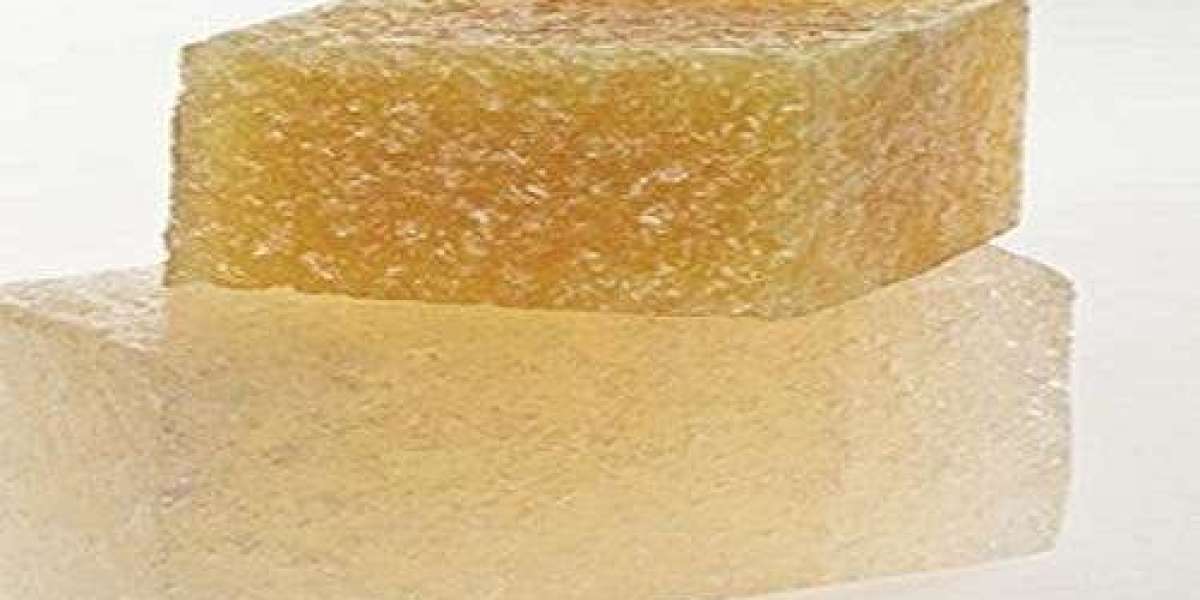Introduction
As the global demand for mezcal increases, consumer education has become essential in distinguishing authentic, high-quality mezcal from mass-produced alternatives. Labels and certifications play a crucial role in ensuring transparency, authenticity, and adherence to traditional production methods. This article explores the significance of mezcal labeling, the key certifications that define authenticity, and how consumers can make informed purchasing decisions.
Understanding Mezcal Labels
1. Denomination of Origin (DO)
Mezcal is protected by a Denomination of Origin (DO), which legally restricts its production to specific regions in Mexico. The DO helps preserve traditional production practices and prevents misleading labeling by non-certified producers.
Key Regions:
Oaxaca (largest producer)
Durango
Guerrero
Michoacán
Puebla
San Luis Potosí
Tamaulipas
Zacatecas
2. Types of Mezcal by Production Process
Mezcal labels indicate how the spirit is made, classified into three main categories based on traditional versus industrial methods.
Mezcal Categories:
Mezcal Artesanal: Uses traditional methods such as pit-roasting, stone milling, and natural fermentation.
Mezcal Ancestral: Follows the most historic methods, including clay pot distillation and wooden fermentation vats.
Mezcal Industrial: Uses modern techniques such as autoclaves and column distillation, which increase efficiency but may alter the spirit’s traditional character.
3. Agave Varieties and Their Impact on Flavor
Unlike tequila, which is made exclusively from Blue Weber agave, mezcal can be crafted from over 30 different agave species. Labels often specify the agave variety, which influences the flavor profile.
Common Agave Varieties in Mezcal:
Espadín: Most widely used, offering balanced smokiness and sweetness.
Tobalá: Rare and small, with floral and citrusy notes.
Madrecuixe: Known for earthy, herbal flavors.
Tepeztate: Strong and complex, taking decades to mature.
Arroqueño: Large agave species, providing rich, deep flavors.
Key Certifications in the Mezcal Industry
1. Consejo Regulador del Mezcal (CRM)
The CRM is the official regulatory body responsible for overseeing mezcal certification, ensuring compliance with production standards, and granting authenticity seals.
CRM Certification Guarantees:
Production within designated DO regions.
Adherence to traditional and artisanal methods.
Traceability from agave sourcing to bottling.
2. Organic and Sustainable Certifications
As sustainability becomes a growing concern, certain certifications indicate environmentally responsible mezcal production.
Sustainability Certifications:
USDA Organic: Indicates the use of organic agave without synthetic fertilizers or pesticides.
Fair Trade Certified: Ensures ethical labor practices and fair wages for mezcaleros.
Bat-Friendly Mezcal Certification: Supports agave biodiversity by allowing a portion of plants to flower, sustaining bat populations essential for pollination.
3. Small-Batch and Authenticity Seals
Some mezcal producers highlight limited-edition releases and traditional craftsmanship through unique authenticity seals.
Indicators of Authenticity:
Batch numbers and distillery information on labels.
Handwritten details on artisanal mezcal bottles.
Recognition from mezcal advocacy groups or guilds.
How Consumers Can Make Informed Mezcal Purchases
1. Reading Labels Carefully
Understanding mezcal labels allows consumers to identify authenticity, agave types, production methods, and regional origins.
Key Elements to Check:
Agave species used
Alcohol by volume (ABV) percentage
Producer and region of origin
Type of mezcal (artisanal, ancestral, or industrial)
2. Buying from Reputable Sources
Purchasing mezcal from trusted brands, specialty stores, or directly from certified producers ensures product quality and ethical sourcing.
Recommended Retailers:
Certified mezcal shops and tasting rooms
Online platforms specializing in artisanal spirits
Distillery-direct purchases in mezcal-producing regions
3. Supporting Ethical and Sustainable Mezcal Brands
By choosing brands committed to sustainability and fair trade, consumers can contribute to preserving traditional mezcal production and environmental conservation.
Ways to Support Ethical Mezcal:
Look for sustainability and organic certifications.
Purchase from small-scale, family-run distilleries.
Research brand practices and transparency efforts.
Conclusion
Consumer education is key to navigating the growing mezcal market. Understanding labels and certifications empowers buyers to make informed decisions, ensuring they support authentic, ethically produced mezcal. As the industry expands, promoting transparency and sustainability will help preserve mezcal’s rich cultural heritage while providing consumers with high-quality, responsibly crafted spirits.








